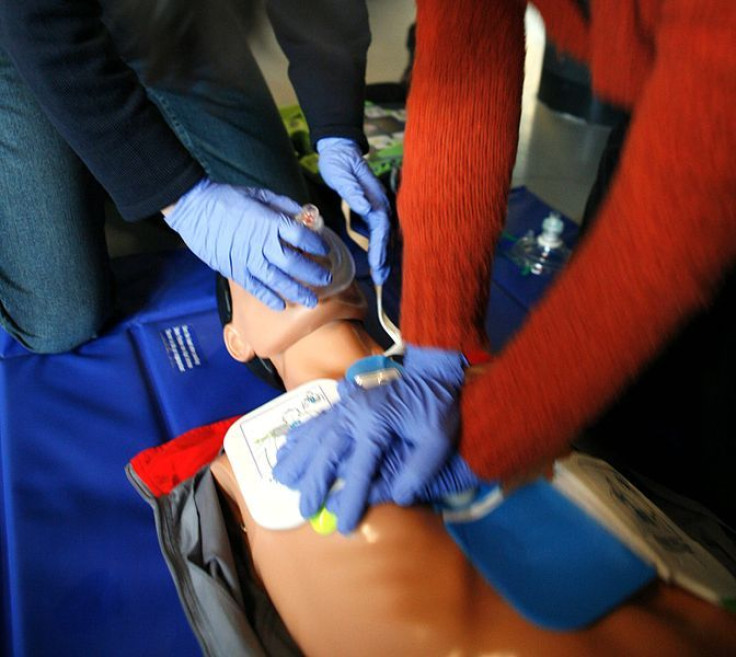Witnessing CPR On A Loved One Better For Dealing With Grief

In a finding that seems counterintuitive, researchers have found that when family members watched medical professionals perform CPR on a loved one, they were less likely to suffer from depression and Post Traumatic Stress Disorder (PTSD).
Researchers from the French group found that family members with PTSD 3 months after seeing the resuscitation attempts than a similar sized group who were not invited to watch. There was a 10% difference in the number of people who experienced stress related to the death of a loved one.
This seems to go against what people and doctors had commonly thought before the study, where most people do not see attempts to save loved ones lives. The researchers conclude that family members who see medical professionals doing everything in their power to save the life of someone they knew put them at ease. In the study, one family member who had witnessed the CPR had sent a thank you note to the doctor.
CPR involves using chest compressions and breathing techniques to keep the patients' body oxygenated, help the heart to continue to pump blood and tries to encourage the restarting of the breathing process. The process is violent and usually results in multiple ribs being broken if done correctly. The process may even do more harm than good in most patients.
The successful survival rate of people who undergo CPR is extremely low, being less than 10 percent and only hitting around 30% survival if medical personnel have a defibrillation device on hand. This is compared to typical television shows that put the survival rate at 60-70 percent.
This gives the public an unrealistic view of the abilities of CPR to save a loved one's life.
The researchers concluded from the study: "Family presence during CPR was associated with positive results on psychological variables and did not interfere with medical efforts, increase stress in the health care team, or result in medicolegal conflicts."
The study published in the New England Journal of Medicine can be found here.



























